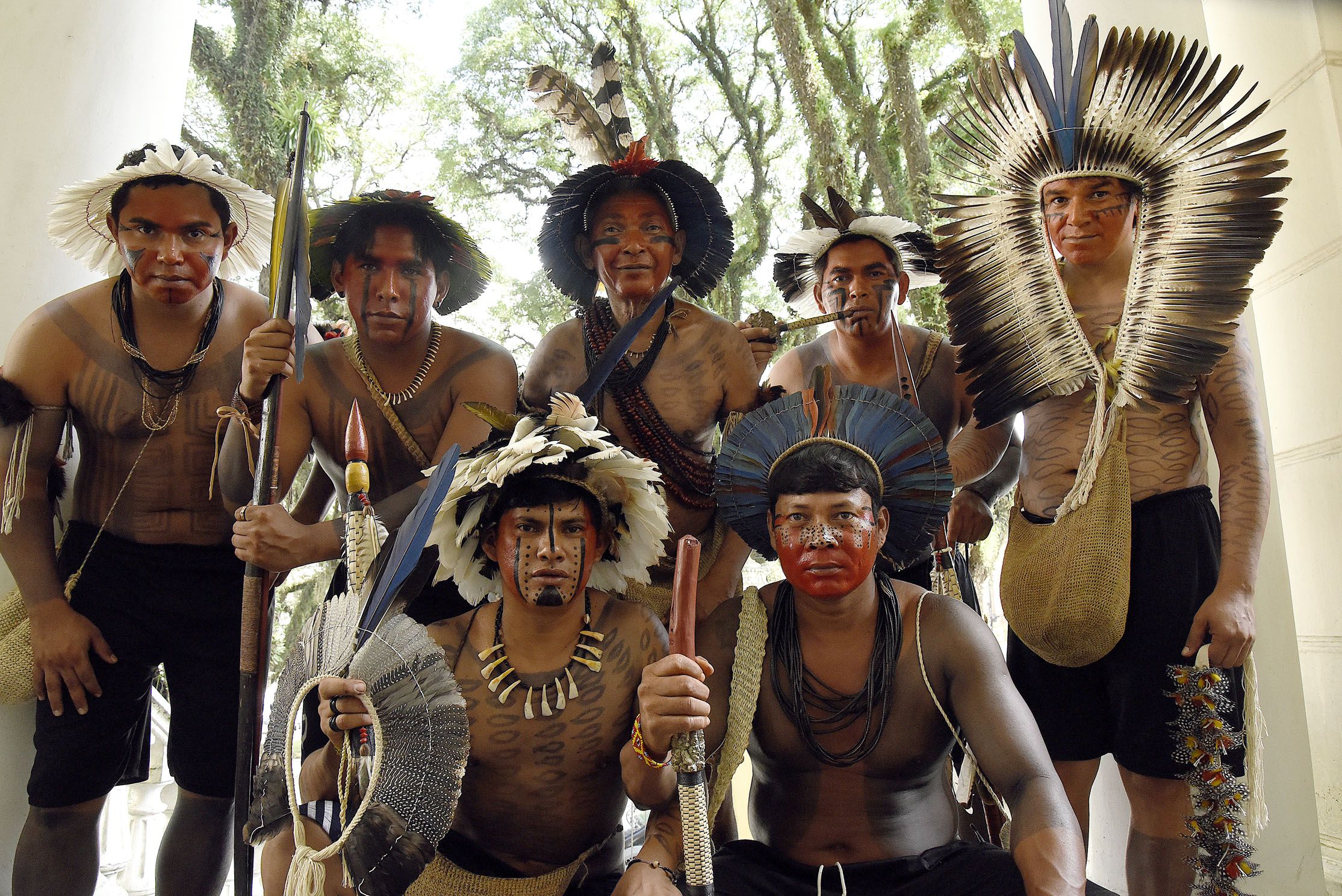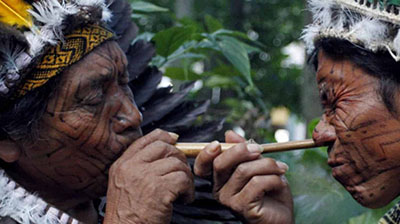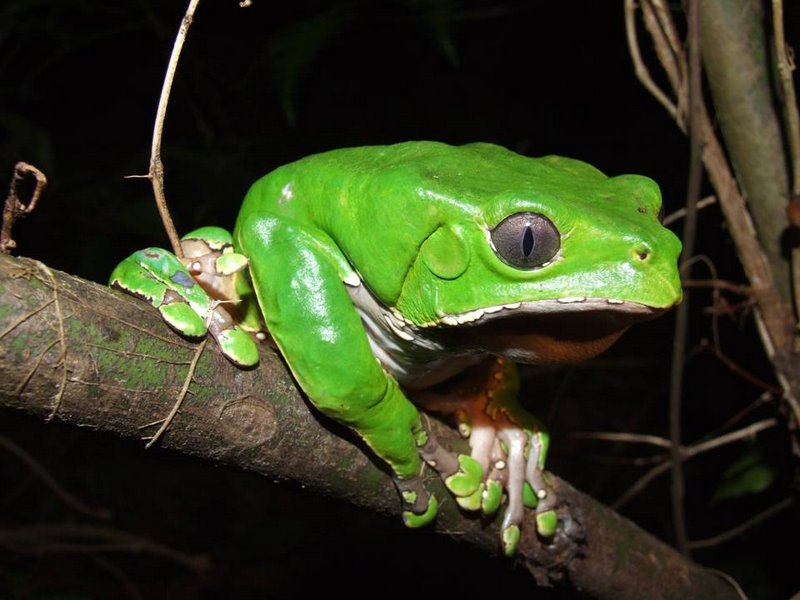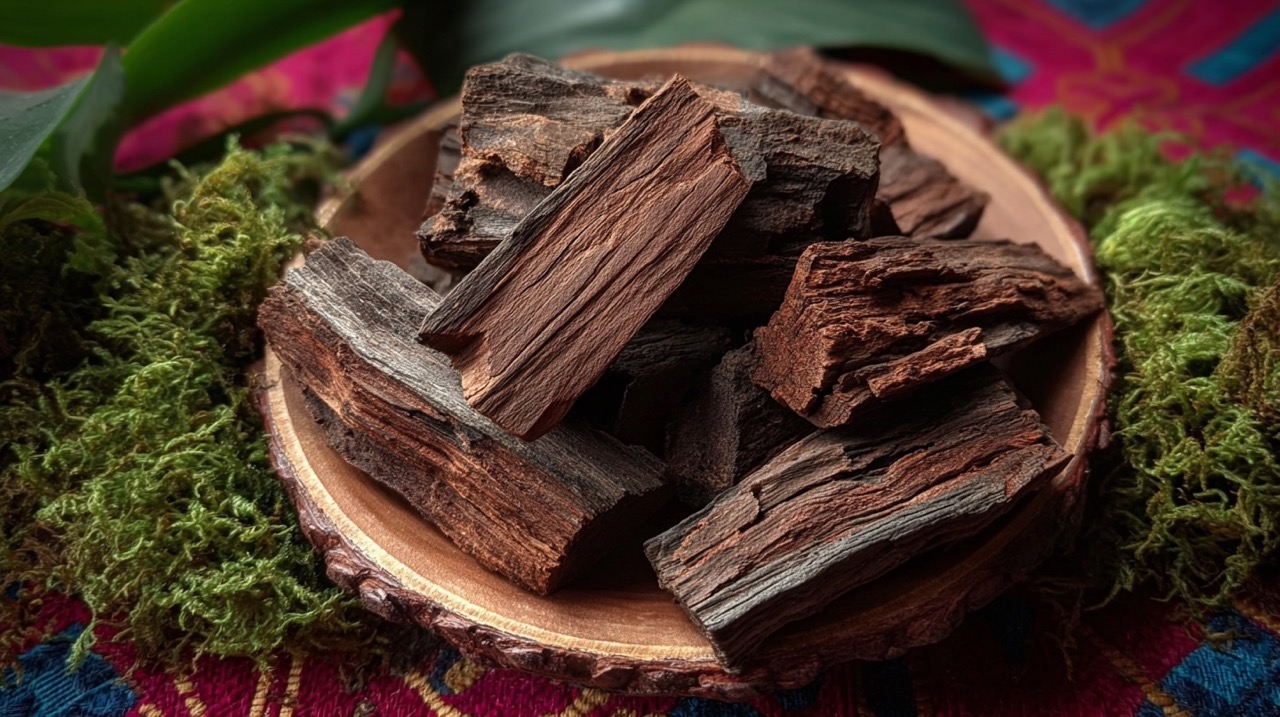
Fulni-ô tribe
Meet the Fulni-ô: Guardians of Sacred Tradition in Brazil's Northeast
The Fulni-ô is the only indigenous group of Northeastern Brazil that was able to keep its language – the Ia-tê – alive and active, as well as the ritual they call Ouricuri, which is currently performed in total secrecy.
The Fulni-ô people are a unique and inspiring Indigenous community from the Northeast of Brazil. They are the only group in the region that still speaks their ancestral language, Yathê – a beautiful and vital part of their cultural identity.
One of the most fascinating aspects of Fulni-ô life is their deep connection to ritual and tradition. Every year, they spend three months in complete seclusion in a sacred forest space called Ouricuri. This place – and the practices that happen there – are at the heart of who they are. It's a deeply spiritual time, and non-Indigenous visitors are not allowedduring this retreat, out of respect for the sacredness of the space.
Historically, the Fulni-ô lived along the Ipanema River. Back in the 1700s, colonial records referred to them as "Carijó" or "Carnijó." Later, in 1832, under pressure from settlers, they gave up 80 hectares of their land to build a chapel dedicated to Nossa Senhora da Conceição (Our Lady of Conception). This small gesture eventually led to the formation of what is now the town of Águas Belas.
By 1861, the imperial government dissolved the original Fulni-ô settlement, dividing the land into individual plots – some given to settlers, some to the Indigenous descendants. But the Fulni-ô did not disappear. Over time, with strong alliancesformed with missionaries, scholars, and other Indigenous communities, they gained recognition and support. When Brazil became a republic, they had enough of a political voice to be officially acknowledged by the state.
Today, the Fulni-ô beautifully weave together their Indigenous spirituality and Catholic traditions. While Ouricuriremains their sacred ceremony and the spiritual heartbeat of the people, they also honor Nossa Senhora da Conceição as the patron saint of their main village.
This dual devotion reflects the richness of Fulni-ô identity – a living, evolving culture rooted in sacred memory, resilience, and community.
More about Fulni-o tribe read here.
Ways to Blow Rapesito
There are many ways to blow Rapé: Long and slow, quick and sharp, and everything in between. You will soon learn to judge what is most appropriate, depending on your particular style or the needs o...
Kambo frog vaccine medicine
Kambô, also known as the “frog vaccine,” is the cutaneous secretion of the frog Philomedusa bicolor, native to the Amazon rainforest. Originally, the use of kambô is associated with the native conc...
Chuchuhuasi - Amazonian tea from Peru
Perhaps nowhere on Earth contains such a concentrated wealth of natural healing resources. It's truly a paradise for shamans, herbalists, and traditional healers. Yes, we're talking about the Amazo...
Rapé and the Sacral Chakra: Unlocking Creativity, Sensuality & Life Energy
Rapé (also spelled hapé) is a sacred Amazonian medicine that has been used by indigenous tribes for centuries. In the West, it is becoming increasingly appreciated not just as a ritual plant, but a...






